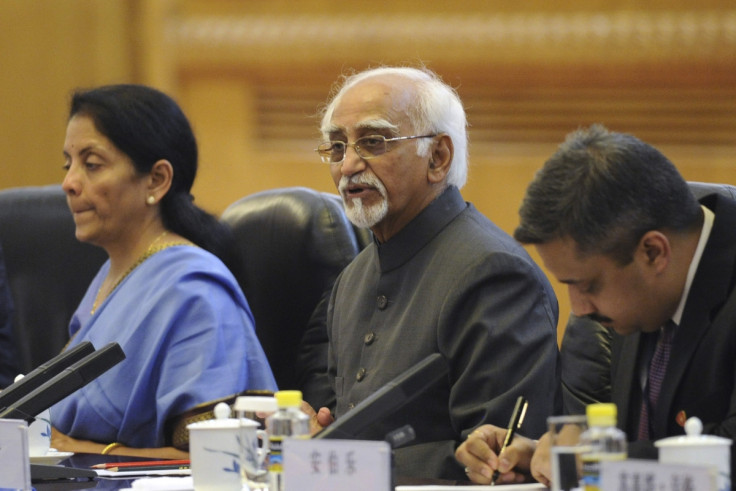India Signs Agreement to Attract Chinese Investments in Industrial Parks

India and China signed three landmark pacts including one that allows Chinese investment in industrial parks and zones.
The Memorandums of Understanding (MoUs) were signed during Indian vice president Hamid Ansari's visit to China in the presence of his counterpart Li Yuanchao.
The MoU on industrial parks targets attracting Chinese investments in India and laying the framework for such investments.
As per the agreement, the countries will set up an Industrial Park Cooperation Working Group, which will be equally represented by both nations. The group would look for ways to cooperate under this agreement and periodically review progress.
"There is enough space in the world for the development of India and China, and the world needs the common development of both countries. As two large developing countries, our common interests far outweigh our differences," Ansari said in a speech at the Chinese Academy of Social Sciences in Beijing.
India expects four Chinese industrial parks where a variety of goods could be manufactured.
The move is part of India's broad attempt to shrink its trade deficit with China, which averages around $35bn (£20.5bn, €25.6bn) per year. Bilateral trade between the countries totalled $65.47bn in 2013.
India's imports from China are significantly higher than its exports to the country, leading to a trade deficit. India looks to compensate the trade gap with increased Chinese investments into the country, among other measures.
Another agreement was signed by the countries to share flood water data from the Brahmaputra river, which would provide India with 15 days more of hydrological data of the river to help in flood forecasting.
The third MoU involves the countries establishing a framework for regular interactions between administrative officials to share experiences and learn from each other's best practices.
Ansari is on a five-day visit to China to take part in the 60th anniversary of Panchsheel, or the Five Principles of Peaceful Coexistence – a treaty between the countries signed in 1954 to govern relations between them.
© Copyright IBTimes 2025. All rights reserved.






















